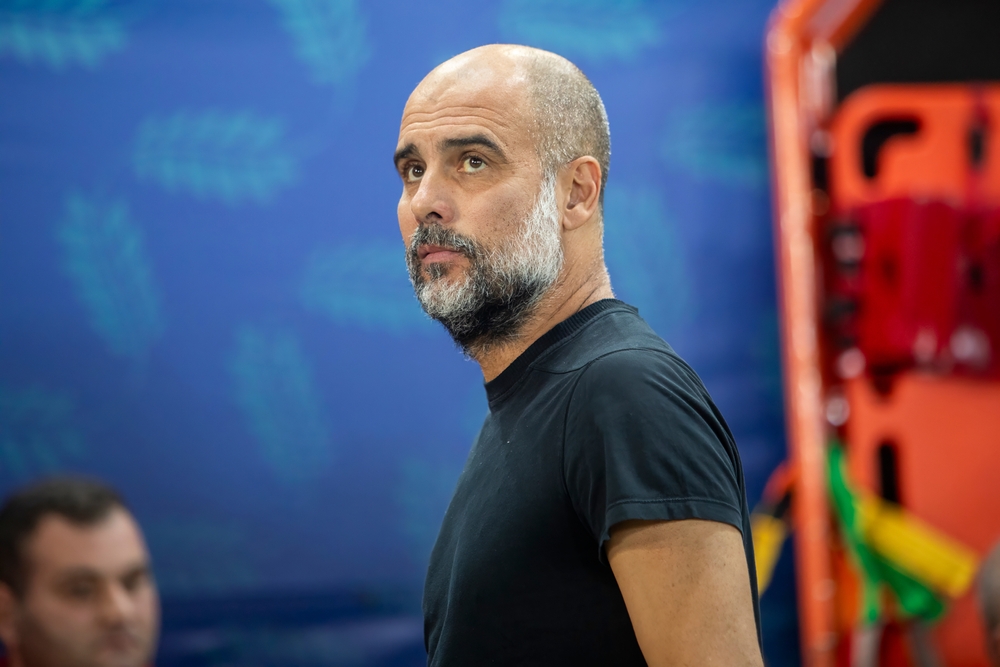Matildas & WWE in WA: Is Western Australia the Go-To Destination for Major Events?

The recent announcements have been met with excitement and enthusiasm from West Australians, eager to witness world-class talent in their own backyard. The Matildas' visit, in particular, is expected to draw massive crowds, further solidifying the state's reputation as a passionate supporter of women's soccer. Similarly, the WWE’s return promises a thrilling spectacle for wrestling fans across the region.
However, the timing of these events has sparked a debate about the underlying motivations. Western Australia's thriving economy, fueled by its rich mineral resources, has positioned it as a financially attractive destination for event organizers. The state’s deep pockets allow for significant investment in infrastructure and event support, making it an appealing choice compared to regions with tighter budgets.
Critics argue that this financial advantage creates an uneven playing field, potentially disadvantaging other states and territories that may lack the same economic resources. They question whether these events would have been scheduled in WA if not for the state’s perceived ability to foot the bill. While WA benefits from the economic stimulus and tourism boost that these events bring, concerns remain about the long-term implications for the broader Australian sporting landscape.
It's undeniable that Western Australia offers a compelling package for event organizers – a strong economy, modern infrastructure, and a passionate audience. But the question of whether this translates to genuine love for the state or simply a financially driven decision remains a subject of ongoing discussion. Ultimately, the success of these events hinges on providing a memorable experience for participants and spectators alike, regardless of the underlying motivations.
The influx of major events like the Matildas and WWE highlights the importance of strategic investment in sporting and entertainment infrastructure. Western Australia’s model could serve as a blueprint for other regions seeking to attract similar events, but it also underscores the need for equitable distribution of opportunities across the nation. The conversation around WA's role as a 'sugar daddy' state is a complex one, demanding a balanced perspective that acknowledges both the benefits and potential drawbacks of its economic influence.






